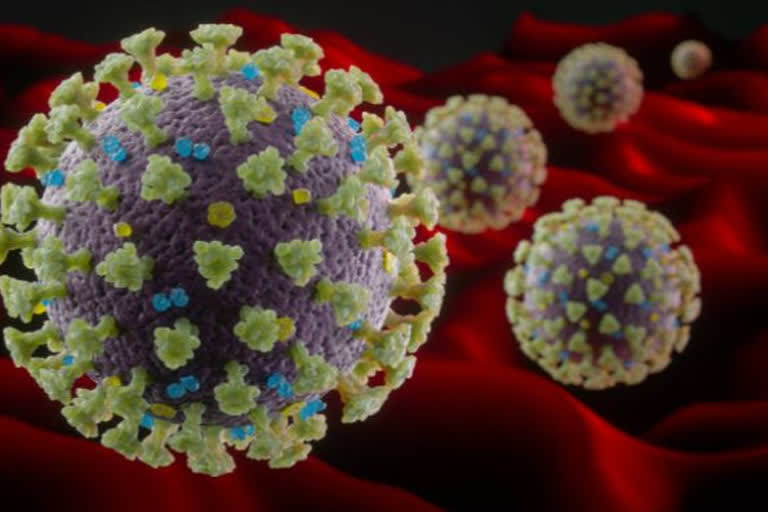New Delhi: The Covid-19 crisis has greatly affected everyone worldwide. But workers in healthcare and other fields of care, as well as those working in vital services and sectors like retail, food production and transport, have been shouldering the most.
They have also taken the biggest risks, with their health and safety at work insufficiently protected too often. This shows the fundamental importance of this issue that the ILO should address as a high priority.
The International Labour Conference (ILC) will now have to make sure that issues including social protection and inequalities in work, as well as the important tasks carried out by the Committee on the Application of Standards feature prominently in its next year’s agenda.
At the same time, millions of workers at the lower end of our labour markets, in precarious jobs or the informal economy, have suffered from lockdowns everywhere. They are paying a high price, losing their jobs and livelihoods without enjoying proper protection in social security.
This leaves many of them in poverty, unable to feed their families. Universal social protection is therefore needed more than ever. There is an urgent need for a global, coordinated effort to implement universal social protection, with major investment in funding it, especially to help the poorest countries and regions provide their populations with concrete support.
Read more:Commodity exports to China could fall by $33.1 billion in 2020: Study
Females make up the majority of workers in healthcare and essential services. Many of them are also migrants. Yet most of them are still suffering from poor wages and poor working conditions, while the crisis has increased their burden of unpaid work.
In the informal economy and at the lower ends of global supply chains hit hardest by the crisis, such as the garment industry, it is mostly women who are losing their jobs without enjoying access to any social protection.
Add to that the reports being received from around the world about a crisis-induced increase in domestic violence against women and girls, and it becomes clear that any policy package for dealing with consequences of the crisis and recovery from it must feature a strong, inclusive approach to gender.
For millions of workers, the effects of today’s crisis are already devastating. But the prospect of a quick, fair recovery are likewise gloomy, with the crisis making existing inequalities even worse.
Yet ever more unions in various countries and regions are standing up for workers’ rights and protection and claiming a place at the table to discuss relief measures and recovery plans. The ILO is well placed to remind the international community of the key role that social justice, social dialogue and respect for workers’ rights must play in any plan to deal with the current crisis and the recovery from it.



